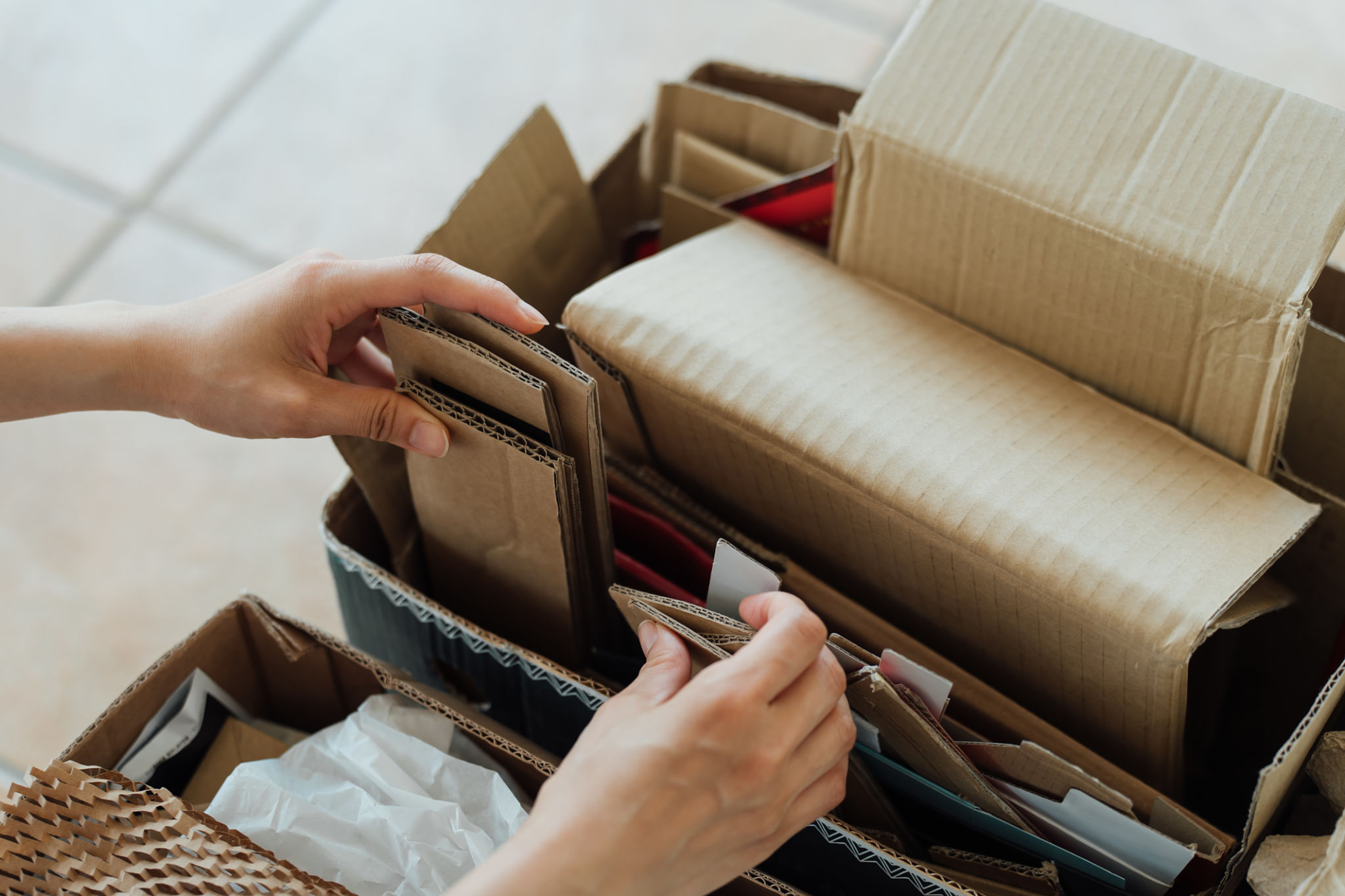How to Reduce Household Waste: Tips for Wandsworth Residents
Start with Simple Changes at Home
Reducing household waste is a crucial step toward creating a more sustainable future. For Wandsworth residents, starting with small, manageable changes can make a significant impact. Begin by evaluating the types of waste produced in your home. Identify items that are frequently discarded, such as plastic packaging, food waste, and paper products. Once you have a clear understanding, you can begin implementing changes that will gradually reduce the amount of waste your household produces.
One effective way to start is by minimizing single-use plastics. Opt for reusable shopping bags, water bottles, and food containers. This not only helps the environment but can also save you money in the long run. Additionally, consider buying in bulk to reduce packaging waste and choosing products with minimal or recyclable packaging.

Composting for a Greener Wandsworth
Composting is an excellent way to reduce food waste and create nutrient-rich soil for your garden. Wandsworth residents can easily set up a composting system in their homes or gardens. Start by collecting kitchen scraps such as fruit and vegetable peels, coffee grounds, and eggshells. Avoid adding meat or dairy products, as these can attract pests.
There are various composting methods suitable for different living situations, including traditional compost bins, worm composting, or even community composting initiatives. By composting, you not only reduce the amount of waste sent to landfills but also contribute to healthier soil and plants in your garden.
Embrace Recycling
Recycling is a fundamental part of waste reduction. Ensure that your household is familiar with Wandsworth's recycling guidelines, as proper sorting is essential for effective recycling. Common recyclable materials include paper, cardboard, glass, and certain plastics. Make sure to rinse out containers before recycling to prevent contamination.

Consider setting up a designated recycling area in your home to make it easy for everyone to participate. Educate your family about the importance of recycling and how it conserves natural resources and energy. By being diligent recyclers, Wandsworth residents can greatly contribute to reducing the community's carbon footprint.
Reduce Food Waste
Food waste is a significant issue in many households, but with mindful planning, it can be reduced considerably. Start by planning meals for the week and creating a shopping list to avoid buying unnecessary items. Store food properly to extend its shelf life, and get creative with leftovers to minimize waste.
Another great tip is to understand expiration dates better. "Best before" dates indicate quality rather than safety, so many items can still be consumed after this date if they are stored correctly. By being more conscious of food usage, Wandsworth residents can save money and reduce their environmental impact.

Participate in Community Initiatives
Community efforts can amplify individual actions. Join local initiatives focused on waste reduction and sustainability in Wandsworth. Participating in community clean-up events or attending workshops on sustainable living can provide valuable knowledge and foster a sense of community.
Many neighborhoods have swap or share programs where residents can exchange items they no longer need. These programs help reduce waste by giving items a second life instead of sending them to landfills. Being part of such initiatives not only benefits the environment but also strengthens community ties.
The Role of Education in Waste Reduction
Education is key to long-term change in waste management practices. Encourage schools and community centers in Wandsworth to include sustainability and waste reduction topics in their programs. By educating the younger generation about responsible waste management, we can foster habits that will benefit the environment for years to come.

Consider hosting or attending educational events that focus on practical tips for reducing household waste. Sharing knowledge and experiences with others can inspire more people to take action and make a positive impact on the environment.
Track Your Progress
Finally, keep track of your household's progress in reducing waste. Set achievable goals and regularly assess how well you're meeting them. Celebrate successes and identify areas for improvement. This continuous evaluation will help keep you motivated and committed to reducing waste over time.
By taking these steps, Wandsworth residents can significantly reduce their household waste, contributing to a cleaner and more sustainable environment for all. Every small action counts, and together we can make a big difference.